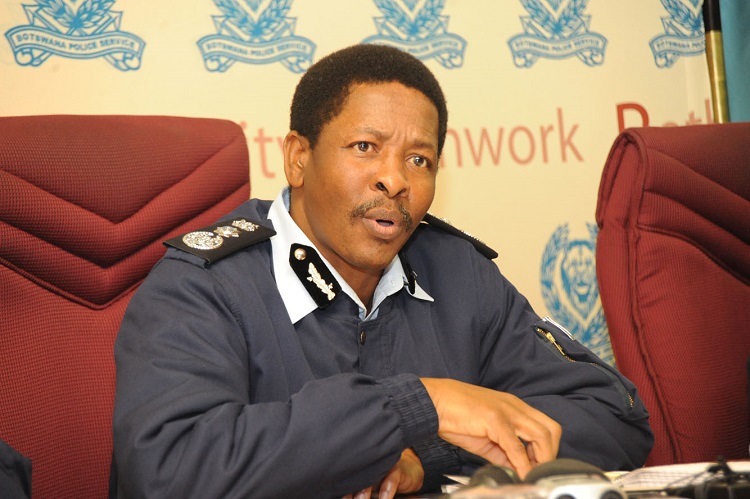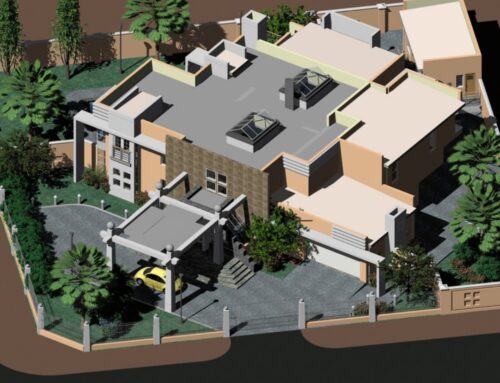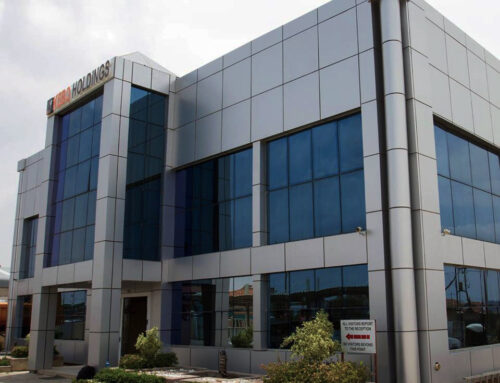
The Commissioner of the Botswana Police Service, Keabetswe Makgophe, talks about crime fighting and the importance of partnerships at all levels for effective crime reduction and service development.
European Times: How is the Botswana Police Service approaching the challenge of reducing crime?
Keabetswe Makgophe: Over the years, we have introduced a number of initiatives and strategies in our effort to fight crime, most of which focused on proactive policing. Some of these strategies and initiatives were the introduction of Special Constables, Cluster Policing and Air Support Wing to enhance police visibility. Other initiatives were introduction of technology systems such as Automated Fingerprint Identification Systems (AFIS) and Crime and Criminal Recording System (CCRS).
As a police service, we decided to prioritise the crimes that we tackled. We identified robbery with violence and burglary from residential properties and business premises as the crimes we wanted to focus upon. It was our hope that if we could reduce the rate of these types of crime, it would have the knock-on effect of reducing the rate of lesser crimes, increase confidence in law enforcement and increase cooperation from communities. We are pleased to report that last year we saw a reduction of 6.6% in prioritised crime.
European Times: How do you engage communities in the fight against crime?
Keabetswe Makgophe: We have developed a community style of policing in which all government departments, non-governmental organisations, civil society and the private sector view crime prevention as obligation. This community policing effort is enforced through all levels of traditional authorities to mobilize citizens within their jurisdiction. This is achieved through public education which entails outreach programmes such as neighbourhood watch schemes, school outreach programmes and sector committees just to mention but a few.
We work in partnership with traditional authorities (chiefs or Dikgosi) in the local community, who are recognised under “the Bogosi Act” as custodians of the law. We rely on the Kgosi to identify problems with the help of his/her community and involve the police to enforce the law.
European Times: How does the Botswana Police Service work with regional or international enforcement services?
Keabetswe Makgophe: Botswana is a member country of Interpol and is represented on the committee of the Southern African Regional Police Chiefs Cooperation Organisation (SARPCCO). We also participate in the Joint Permanent Commission on Defence and Security (JPCDS), which unites the law enforcement agencies of Botswana and its neighbours to jointly address any challenges that they might be facing.
European Times: What kind of support does Botswana receive from other countries for the training and development of its police service?
Keabetswe Makgophe: The Botswana Police Service has benefitted a lot in terms of human resource development from being a member of the International Criminal Police Organisation (ICPO), United Nations and Regional Organisations.
We also host the International Law Enforcement Academy (ILEA), which is a partnership between the US and Botswana governments. Through this partnership, the US shares policing skills and knowledge.
European Times: How can investors and partners around the world be more of help?
Keabetswe Makgophe: Capacity building of the recently introduced Cyber Crime and Computer Forensics Unit will be one of our priorities. We plan to introduce e-policing to enhance our efficiency and would welcome partnerships in provision of adequate equipment as well as technological and capacity building assistance.




